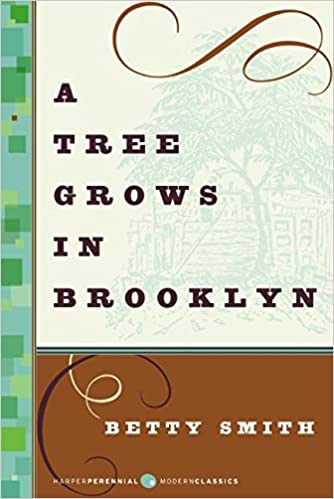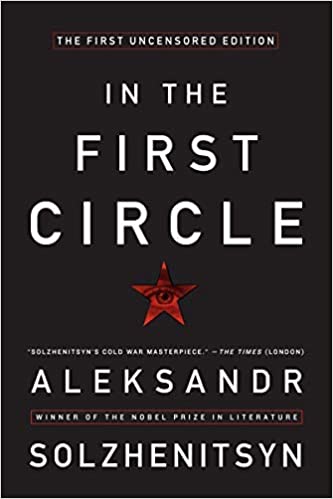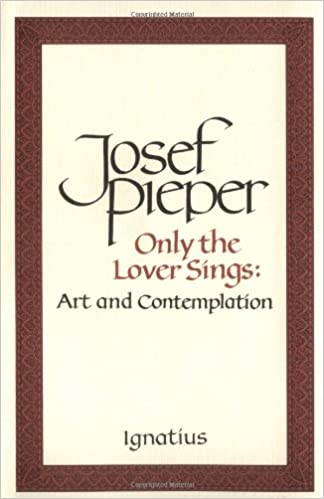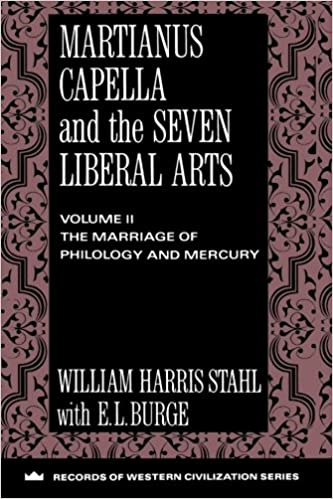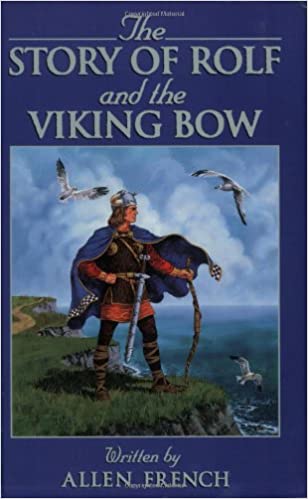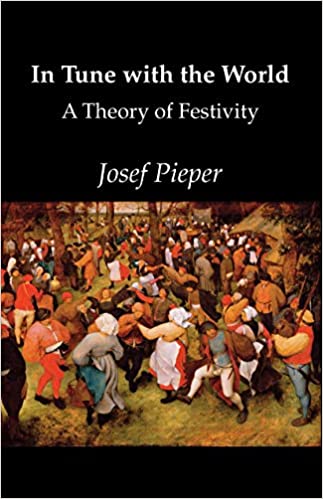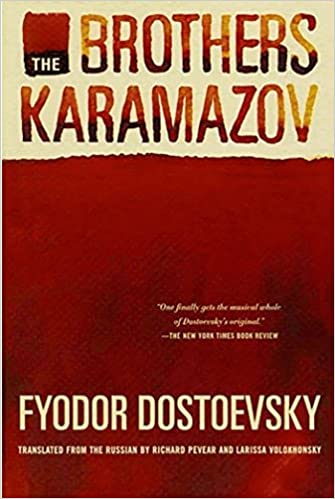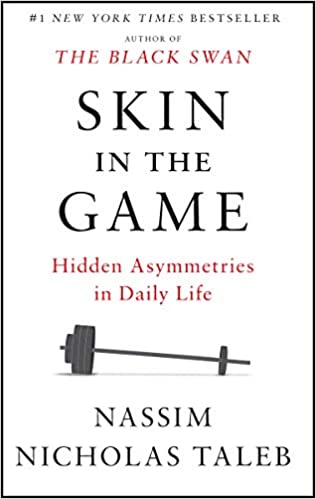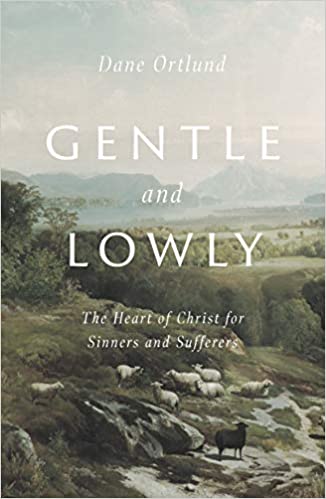A Tree Grows in Brooklyn
The beloved American classic about a young girl's coming-of-age at the turn of the twentieth century.
From the moment she entered the world, Francie Nolan needed to be made of stern stuff, for growing up in the Williamsburg slums of Brooklyn, New York demanded fortitude, precocity, and strength of spirit. Often scorned by neighbors for her family’s erratic and eccentric behavior―such as her father Johnny’s taste for alcohol and Aunt Sissy’s habit of marrying serially without the formality of divorce―no one, least of all Francie, could say that the Nolans’ life lacked drama. By turns overwhelming, heartbreaking, and uplifting, the Nolans’ daily experiences are raw with honestly and tenderly threaded with family connectedness. Betty Smith has captured the joys of humble Williamsburg life―from “junk day” on Saturdays, when the children traded their weekly take for pennies, to the special excitement of holidays, bringing cause for celebration and revelry. Smith has created a work of literary art that brilliantly captures a unique time and place as well as deeply resonant moments of universal experience. Here is an American classic that "cuts right to the heart of life," hails the New York Times. "If you miss A Tree Grows in Brooklyn, you will deny yourself a rich experience."
More info →In the First Circle: The First Uncensored Edition
The thrilling cold war masterwork by the nobel prize winner, published in full for the first time
Moscow, Christmas Eve, 1949.The Soviet secret police intercept a call made to the American embassy by a Russian diplomat who promises to deliver secrets about the nascent Soviet Atomic Bomb program. On that same day, a brilliant mathematician is locked away inside a Moscow prison that houses the country's brightest minds. He and his fellow prisoners are charged with using their abilities to sleuth out the caller's identity, and they must choose whether to aid Joseph Stalin's repressive state—or refuse and accept transfer to the Siberian Gulag camps . . . and almost certain death.
First written between 1955 and 1958, In the First Circle is Solzhenitsyn's fiction masterpiece. In order to pass through Soviet censors, many essential scenes—including nine full chapters—were cut or altered before it was published in a hastily translated English edition in 1968. Now with the help of the author's most trusted translator, Harry T. Willetts, here for the first time is the complete, definitive English edition of Solzhenitsyn's powerful and magnificent classic.
More info →Only the Lover Sings: Art and Contemplation
The popular and highly regarded Pieper speaks of the necessity for human persons to be able to contemplate and appreciate beauty to develop their full humanity. Pieper expresses succinctly that the foundation of the human person in society is leisure, free time in which one can contemplate, be receptive to being and its beauty.
More info →1066: The Year of the Conquest
The year 1066 is one of the most important dates in the history of the Western world: the year William the Conqueror defeated the English at the Battle of Hastings and changed England and the English forever.
The events leading to-and following-this turning point in history are shrouded in mystery. Distorted by the biased accounts written by a subjugated people, many believe it was the English who ultimately won the battle, since the Normans became assimilated into the English way of life.
Drawing on a wealth of contemporary sources, David Howarth gives us memorable portraits of the kings: Edward the Confessor, Harold of England, William of Normandy, as well as the leading political figures of the time. Howarth describes the English commoners: how they worked, fought, died, and how they perceived the overthrow of their world from their isolated shires.
More info →Leisure: The Basis of Culture
One of the most important philosophy titles published in the twentieth century, Josef Pieper's Leisure, the Basis of Culture is more significant, even more crucial, today than it was when it first appeared more than fifty years ago. This edition also includes his work The Philosophical Act. Leisure is an attitude of the mind and a condition of the soul that fosters a capacity to perceive the reality of the world. Pieper shows that the Greeks and medieval Europeans, understood the great value and importance of leisure. He also points out that religion can be born only in leisure -- a leisure that allows time for the contemplation of the nature of God. Leisure has been, and always will be, the first foundation of any culture. Pieper maintains that our bourgeois world of total labor has vanquished leisure, and issues a startling warning: Unless we regain the art of silence and insight, the ability for non-activity, unless we substitute true leisure for our hectic amusements, we will destroy our culture -- and ourselves.
More info →Martianus Capella and the Seven Liberal Arts, volume II: The Marriage of Mercury & Philology
Part of a detailed compendium of late-Roman learning in each of the seven liberal arts, set within an amusing mythological-allegorical tale of courtship and marriage among the pagan gods. The text provides an understanding of medieval allegory and the components of a medieval education.
More info →The Story of Rolf and the Viking Bow (Living History Library)
Rolf, son of Hiarandi the Unlucky, is a character who exemplifies the effect of Christ's teachings upon the Icelandic people during their heroic age. The book is set in Iceland in the days when Christianity has come to the island though the old customs still linger. Hiarandi, at the urging of his wife, does an unprecedented thing: he lights a signal fire on a dangerous point of his land, thereby challenging the accepted custom which places lucrative salvage at higher value than the saving of life. However, the life that is saved that night causes his own death and the unjust outlawing of his son Rolf. Rolf's response to this injustice creates a suspenseful, thought-provoking tale difficult to put down.
More info →In Tune With The World: A Theory of Festivity
In this stimulating and still-timely study, Josef Pieper takes up a theme of paramount importance to his thinking – that festivals belong by rights among the great topics of philosophical discussion. As he develops his theory of festivity, the modern age comes under close and painful scrutiny. It is obvious that we no longer know what festivity is, namely, the celebration of existence under various symbols.
Pieper exposes the pseudo-festivals, in their harmless and their sinister forms: traditional feasts contaminated by commercialism; artificial holidays created in the interest of merchandisers; holidays by coercion, decreed by dictators the world over; festivals as military demonstrations; holidays empty of significance. And lastly we are given the apocalyptic vision of a nihilistic world which would seek its release not in festivities but in destruction.
Formulated with Pieper's customary clarity and elegance, enhanced by brilliantly chosen quotations, this is an illuminating contribution to the understanding of traditional and contemporary experience.
More info →The Didascalicon of Hugh of Saint Victor: A Guide to the Arts
The Brothers Karamazov
"The Brothers Karamasov is a murder mystery, a courtroom drama, and an exploration of erotic rivalry in a series of triangular love affairs involving the “wicked and sentimental” Fyodor Pavlovich Karamazov and his three sons―the impulsive and sensual Dmitri; the coldly rational Ivan; and the healthy, red-cheeked young novice Alyosha. Through the gripping events of their story, Dostoevsky portrays the whole of Russian life, is social and spiritual striving, in what was both the golden age and a tragic turning point in Russian culture.
This award-winning translation by Richard Pevear and Larissa Volokhonsky remains true to the verbal
inventiveness of Dostoevsky’s prose, preserving the multiple voices, the humor, and the surprising modernity of the original. It is an achievement worthy of Dostoevsky’s last and greatest novel."
Skin in the Game: Hidden Asymmetries in Daily Life
In his most provocative and practical book yet, one of the foremost thinkers of our time redefines what it means to understand the world, succeed in a profession, contribute to a fair and just society, detect nonsense, and influence others. Citing examples ranging from Hammurabi to Seneca, Antaeus the Giant to Donald Trump, Nassim Nicholas Taleb shows how the willingness to accept one’s own risks is an essential attribute of heroes, saints, and flourishing people in all walks of life.
More info →Gentle and Lowly: The Heart of Christ for Sinners and Sufferers
Christians know what Jesus Christ has done―but who is he? What is his deepest heart for his people, weary and faltering on their journey toward heaven? Jesus said he is “gentle and lowly in heart.” This book reflects on these words, opening up a neglected yet central truth about who he is for sinners and sufferers today.
More info →
